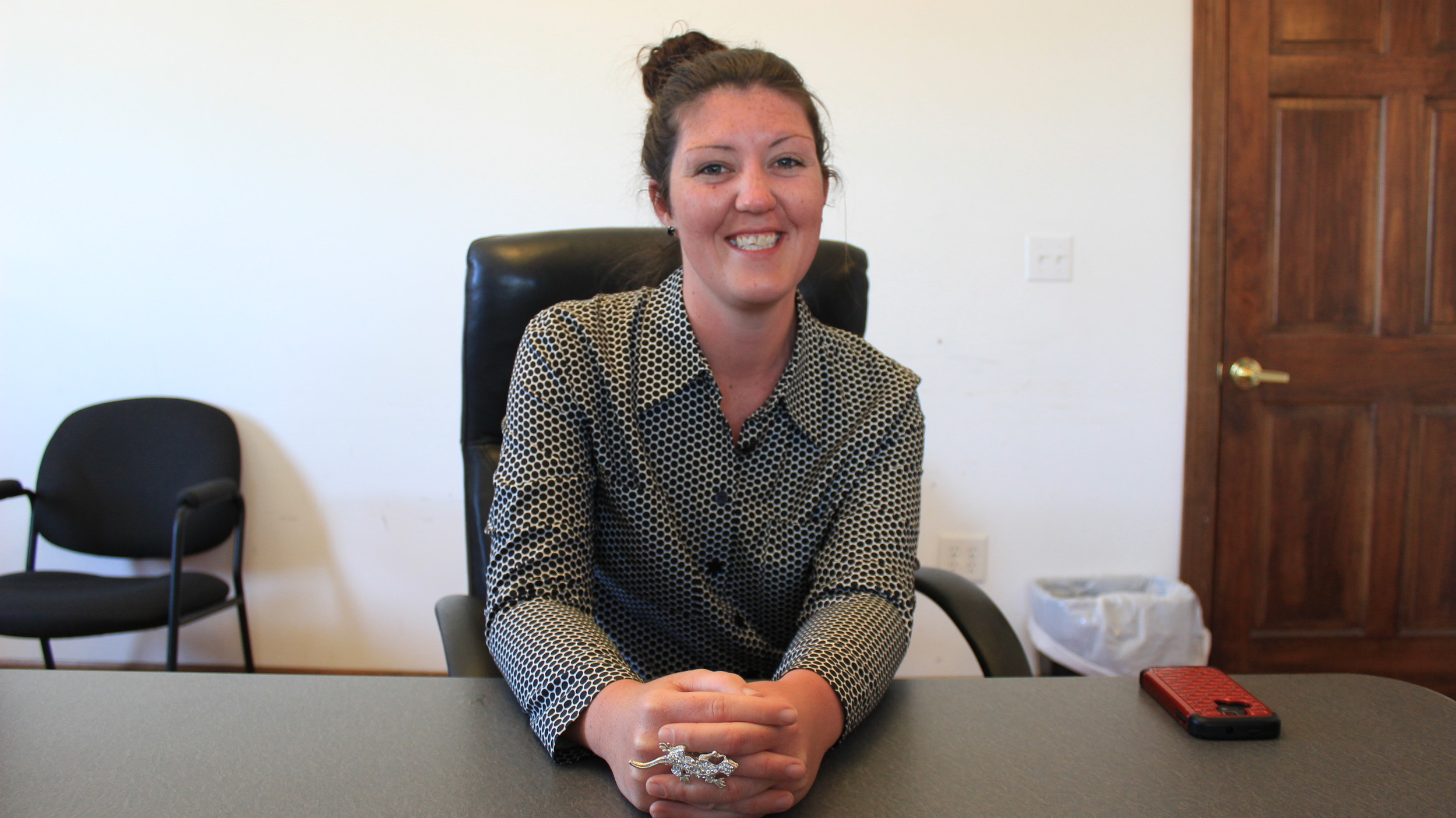Operation New Hope helps former inmates ‘break the cycle’
JACKSONVILLE – Linsey Aube knows the ways the scarlet letter of hard time can distort reality into a cycle of mistakes which can mold a little girl into a docking number. However she has an …
This item is available in full to subscribers.
Attention subscribers
To continue reading, you will need to either log in to your subscriber account, or purchase a new subscription.
If you are a current print subscriber, you can set up a free website account and connect your subscription to it by clicking here.
If you are a digital subscriber with an active, online-only subscription then you already have an account here. Just reset your password if you've not yet logged in to your account on this new site.
Otherwise, click here to view your options for subscribing.
Please log in to continueDon't have an ID?Print subscribersIf you're a print subscriber, but do not yet have an online account, click here to create one. Non-subscribersClick here to see your options for subscribing. Single day passYou also have the option of purchasing 24 hours of access, for $1.00. Click here to purchase a single day pass. |
Operation New Hope helps former inmates ‘break the cycle’
JACKSONVILLE – Linsey Aube knows the ways the scarlet letter of hard time can distort reality into a cycle of mistakes which can mold a little girl into a docking number. However she has an opportunity that her father never had, to break the cycle chiseled by her past with the help of Operation New Hope’s Ready4work program.
“I am an alcoholic and an addict,” Aube said. “During my arrest I was blacked out I don’t even remember getting arrested. I’ve been sober now since my arrest, and I’m very happy with life today. I have no reasons to go mess things up.”
Bolstered by a $1,475,000 appropriation from the 2016 Florida Legislature, Operation New Hope plans to setup a satellite office this year in Clay County to complement the services it currently offers to residents here and in Duval, St. Johns and Nassau counties.
This year Operation New Hope, which would make it easier for downtrodden men and women hidden by the heavy hand of the criminal justice system to try and make a new start for themselves by successfully completing the Ready4work program, which will help them find careers and re-enter society.
The organization helps men and women like Aube who did not commit a violent or sexual crime, and just want to regain control of their lives. Some, like Aube, for the first time in their lives. The program isn’t easy, however, and for some the commitment is just too much.
“We pretty much guarantee these people a job if they’re willing to do everything we tell them to do,” said Kevin Gay, Operation New Hope chief executive officer. “They’ve got to be a randomly drug tested, they’ve got to be on time to class every day. If they’re one minute late to class then they’re not going to move through. If you don’t participate, if you’re not engaged, if you’ve got a bad attitude, if you’re not dressed properly. We’re really clear in the beginning on what the expectations are. Most of our folks step up to that.”
Gay’s results don’t lie and neither does the juxtaposed cost of his program versus the yearly cost of incarceration, which equates to a $13,000 difference in price to the taxpayers. The program also boasts a lowered prison re-entry rate for any clients who successfully completes the 29 courses.
“We practice what we call tough love here,” said Bill Carroll, who ran the ready4work program for three years. “They have to prove to us, because we’re advocating for them for an employer, they need to prove to us that they can be responsible, that they can arrive on time, and that they can work with a teammate. At the end of their time here, we offer them a picture of what they can do for an employer.”
The courses that the client must complete are designed to address self-esteem, confidence, job training and certification in areas such as logistics. The goal of the program is not only to help the client get a job, but to teach them the life skills necessary to keep the job.
“Our focus is on breaking the cycle,” Carroll said. “If we can help these men and women become productive members of society, then hopefully their children will not be following in their footsteps of being locked up and going away. We stress those factors the whole time they’re with us.
Carroll said students are taught how to overcome their past as a bridge to their future success. “We teach them not to hide it, and how to talk about it, but not to dwell on it. More importantly to talk about what they’ve done since then, and we’re very successful in doing this,” he said.
Aube has taken the first step out of the cycle started by her ancestors. Her routine is one of diligence, and self-reliance, which has taken her on a journey from the blazing pavement in front of some courtroom and wrapped her in a blanket of previously unthinkable care.
“It’s a vicious cycle,” Aube said. “I never ever wanted to turn out like my dad, but that’s exactly who I became. I don’t feel like I’ll ever go back to living like that. I am breaking the cycle. I know I only have six months sober right now, but that’s the best I’ve ever had. I’m so happy right now, and I think that it’s just because I’ve hated myself for my entire life.
“I finally loved myself. The goal is not just to be sober, but to care about myself so much so I can say ‘why would I go back to that.’”








